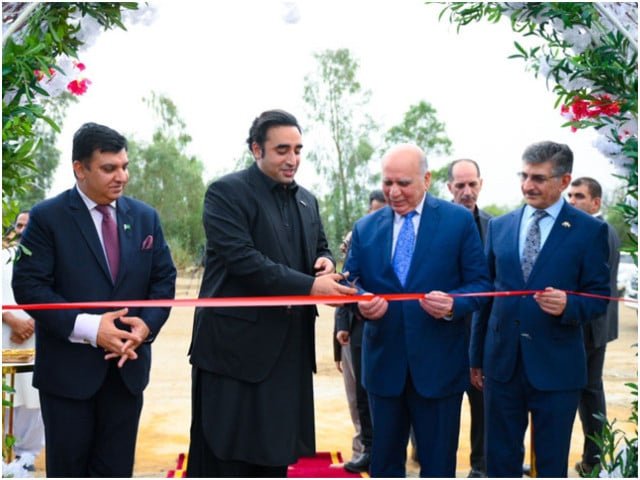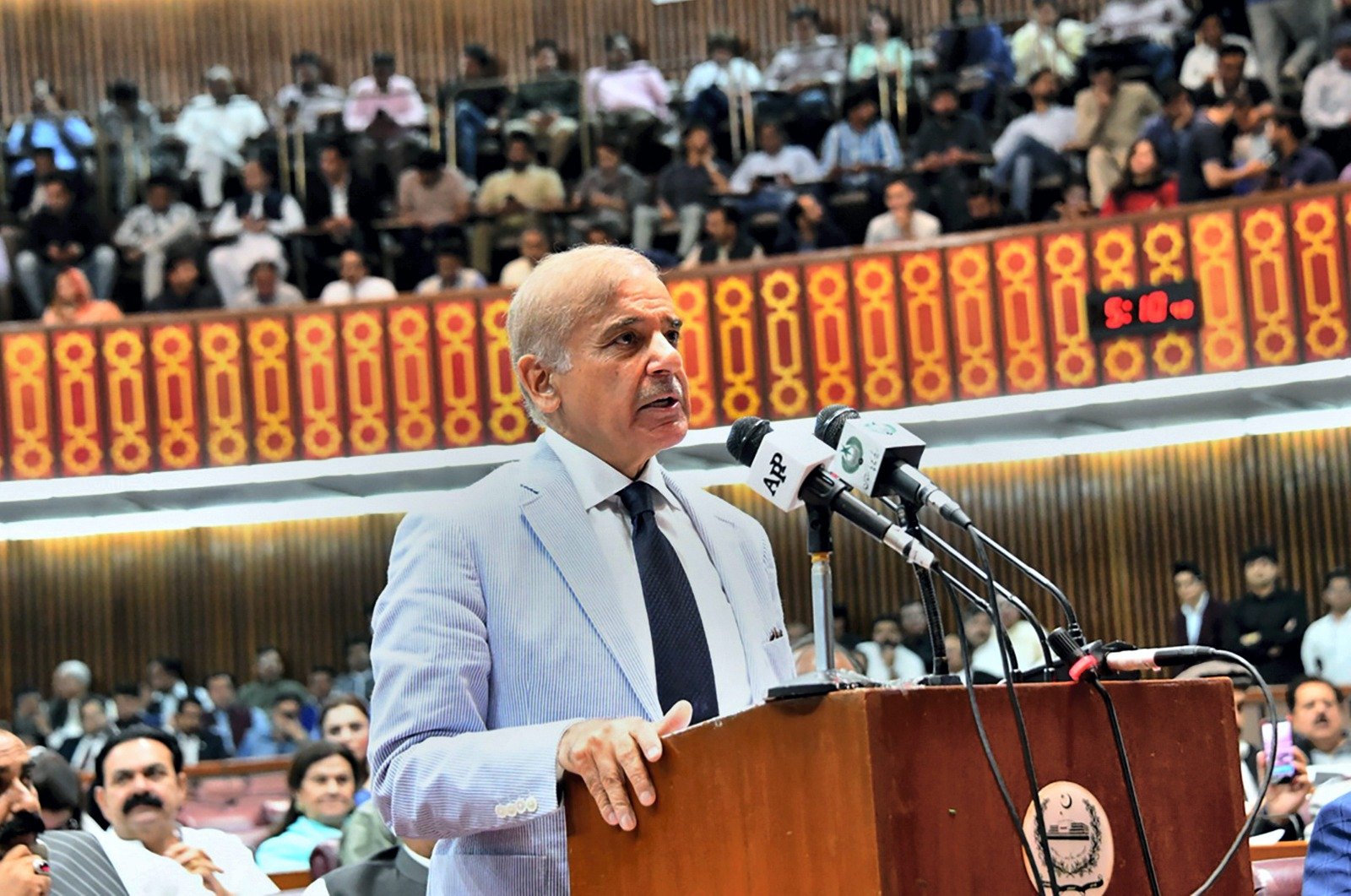TLP Vice Emir Arrested for Alleged Incitement of Violence Against CJP Isa

The arrest of Pir Zaheerul Hasan Shah, the Vice Emir of Tehreek-e-Labbaik Pakistan (TLP), has added a new layer of complexity to the ongoing tensions surrounding the Supreme Court’s verdict in the Mubarak Sani case. His arrest follows allegations of inciting violence against Chief Justice of Pakistan (CJP) Qazi Faez Isa, and it highlights a broader political and legal struggle involving various religious and political groups.
Arrest Details
- Location and Context: Pir Zaheerul Hasan Shah was apprehended in Okara after he went into hiding following the registration of a case against him. This case was linked to a speech he made at a protest rally outside the Lahore Press Club.
- Charges Filed: The First Information Report (FIR) against Shah includes multiple serious charges, such as:
- Anti-Terrorism Act (ATA) Provisions: For issuing death threats and inciting violence against CJP Qazi Faez Isa.
- Spreading Religious Hatred: Allegedly stirring religious sentiment to provoke action against the judiciary.
- Interference in State Affairs: Pressuring and threatening the higher judiciary.
- Obstruction of Legal Duties: Hindering the performance of state functions and legal proceedings.
- Police Involvement: The FIR was lodged by Station House Officer (SHO) Hammad Hussain at Lahore’s Qila Gujjar Singh police station, targeting Shah and approximately 1,500 TLP party workers for their roles in the protest.
Political and Religious Context
Supreme Court’s Verdict in Mubarak Sani Case:
- The SC’s ruling, which has been met with opposition from multiple religious factions, reaffirmed that one cannot be considered a Muslim without believing in the finality of the prophethood of Prophet Muhammad (PBUH). The court issued a clarification emphasizing this aspect.
Opposition from Religious Groups:
- Besides the TLP, other prominent religious organizations like Jamiat Ulema-e-Islam-Sami (JUI-S), Mili Yakjehti Council Pakistan (MYC), and Wafaqul Madaris-ul-Arabiya (WMA) have expressed disapproval of the SC verdict. Their opposition signals a larger conflict between religious interpretations and state judicial decisions.
Government’s Response
Condemnation of Incitement:
- Federal Government’s Stance: The federal government, represented by key figures like Defence Minister Khawaja Asif and Planning and Development Minister Ahsan Iqbal, has firmly condemned the incitement of violence against CJP Isa. They have pledged strict action against those involved in the malicious campaign.
- Statement by Khawaja Asif:
- The Defence Minister announced, “The state will not allow anyone to issue a fatwa calling for someone’s murder,” emphasizing that such actions are against the law and the Constitution.
- He criticized the use of religion as a tool for political gain and bloodshed, stressing that CJP Isa’s integrity has been unfairly targeted.
- Comments by Ahsan Iqbal:
- Iqbal characterized the threats as a direct attack on the Constitution, reaffirming that no group has the right to issue death fatwas under the guise of religious justification.
- He drew parallels with his own 2018 assassination attempt, highlighting the recurring misuse of religion for political attacks against PML-N leaders.
- Appeal to Religious Scholars: Both ministers urged religious leaders to help guide the nation, advocating for peace and constitutional supremacy over religious fanaticism.
Legal and Constitutional Implications
Rebellion Against Constitution:
- The federal government’s strong stance reflects a broader effort to preserve the rule of law and the supremacy of the Constitution in Pakistan. The framing of threats against the CJP as a “rebellion” underscores the seriousness with which these allegations are being treated.
Potential Legal Actions:
- The government has promised legal actions against those issuing threats, aiming to deter future attempts at inciting violence through religious or political means.
Challenges to State Authority:
- This incident highlights ongoing challenges faced by the state in maintaining authority over religiously motivated political groups that often seek to challenge state power through public agitation.
Implications and Consequences
- Political Stability:
- The arrest of Shah and the associated legal proceedings could lead to increased tensions between the government and religious groups, potentially resulting in protests or further unrest.
- Political dynamics may shift as parties navigate their stance on the Supreme Court’s ruling and the government’s response to the threats against CJP Isa.
- Impact on Religious Politics:
- The involvement of influential religious groups like TLP and JUI-S in opposing the court verdict indicates a continued influence of religious politics in Pakistan. The government’s actions against TLP could impact its support base and future political maneuvers.
- Judicial Independence:
- The situation highlights the judiciary’s independence and its role in upholding constitutional values amidst political and religious pressures. It also underscores the need for continued protection of judicial figures against undue influence or intimidation.
- Social and Legal Reforms:
- This incident may prompt discussions on social and legal reforms, particularly in balancing religious beliefs with state laws. The government’s response may set a precedent for how religiously motivated threats are handled in the future.
- International Perception:
- The government’s firm stance against religious extremism and its support for the judiciary may improve Pakistan’s international standing, showcasing a commitment to upholding democratic values and the rule of law.
The arrest of TLP Vice Emir Pir Zaheerul Hasan Shah for inciting violence against CJP Qazi Faez Isa marks a critical moment in Pakistan’s legal and political landscape. As the government takes a strong stand against religiously motivated violence, it faces the dual challenge of maintaining political stability and reinforcing judicial independence. The unfolding situation will be crucial in shaping the country’s approach to religious politics and its commitment to constitutional supremacy.










